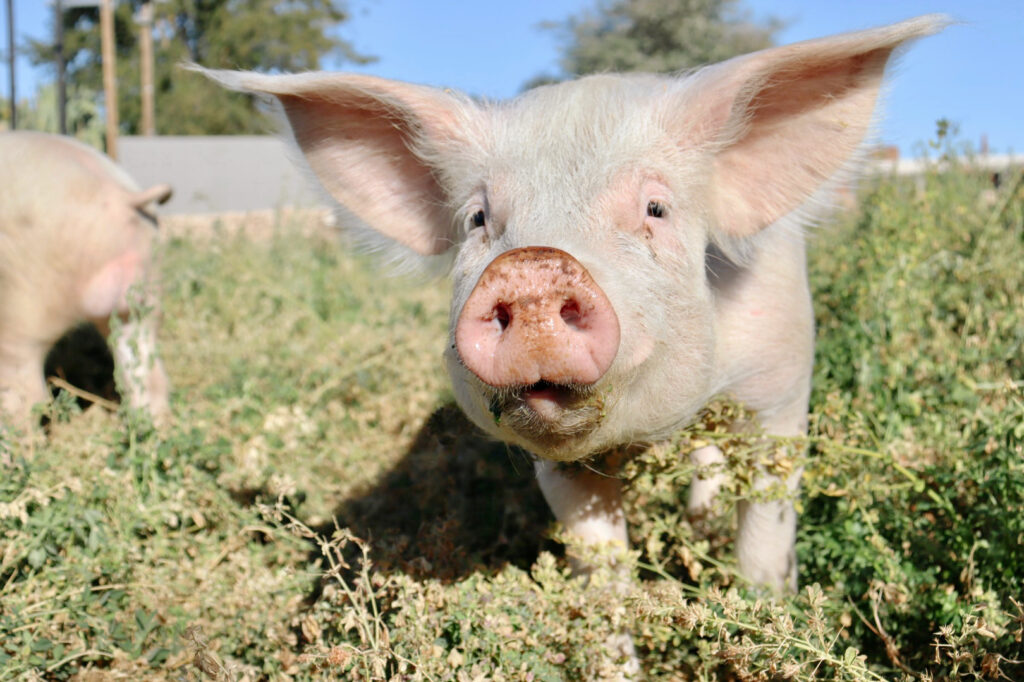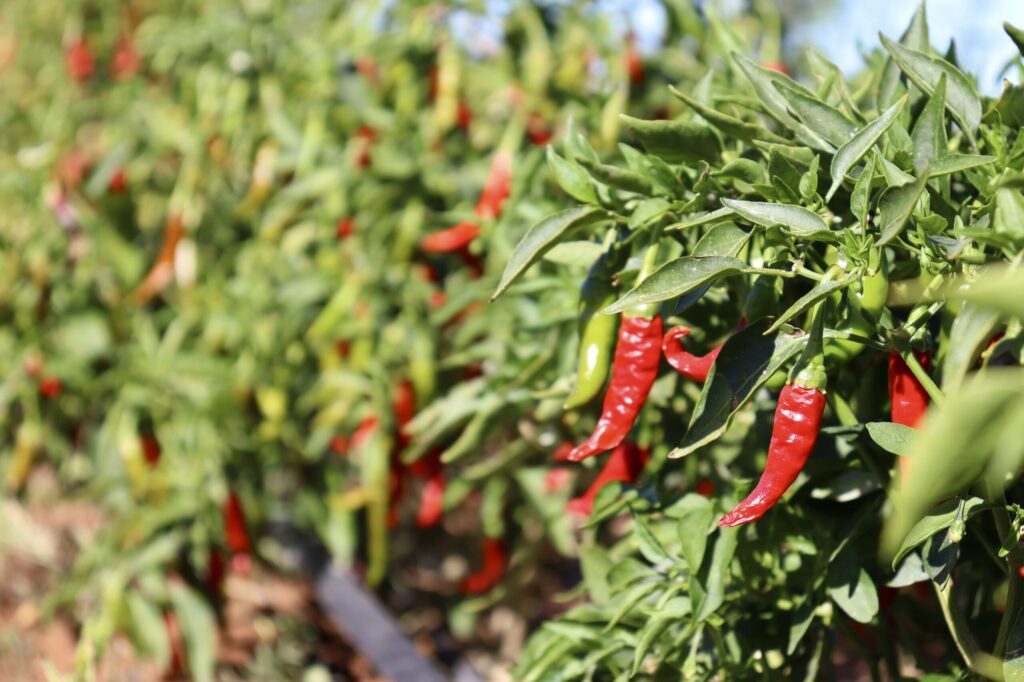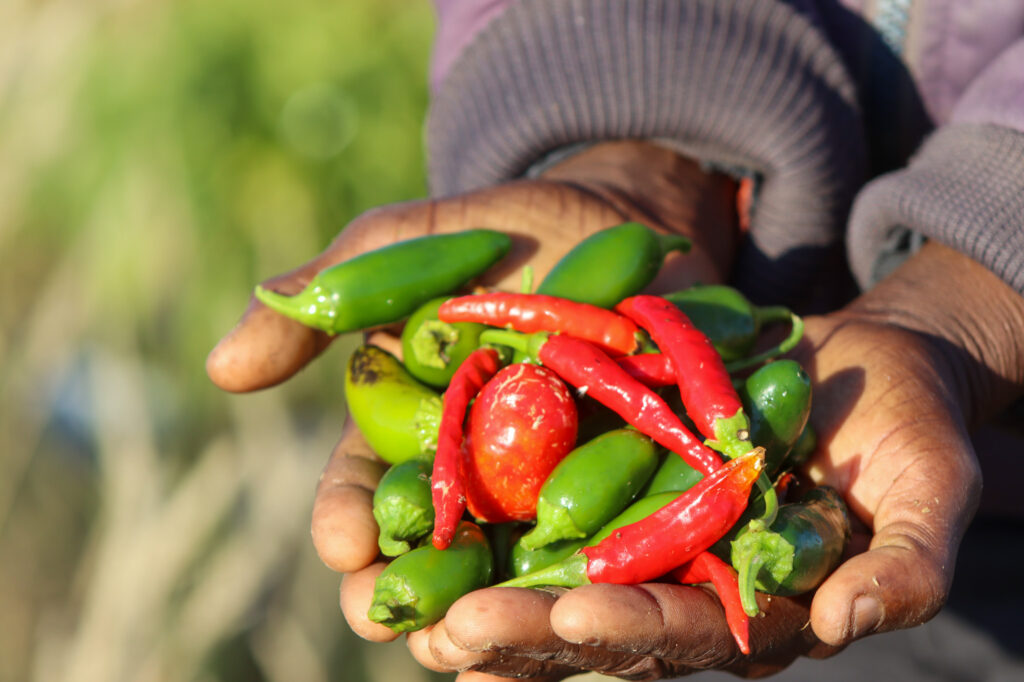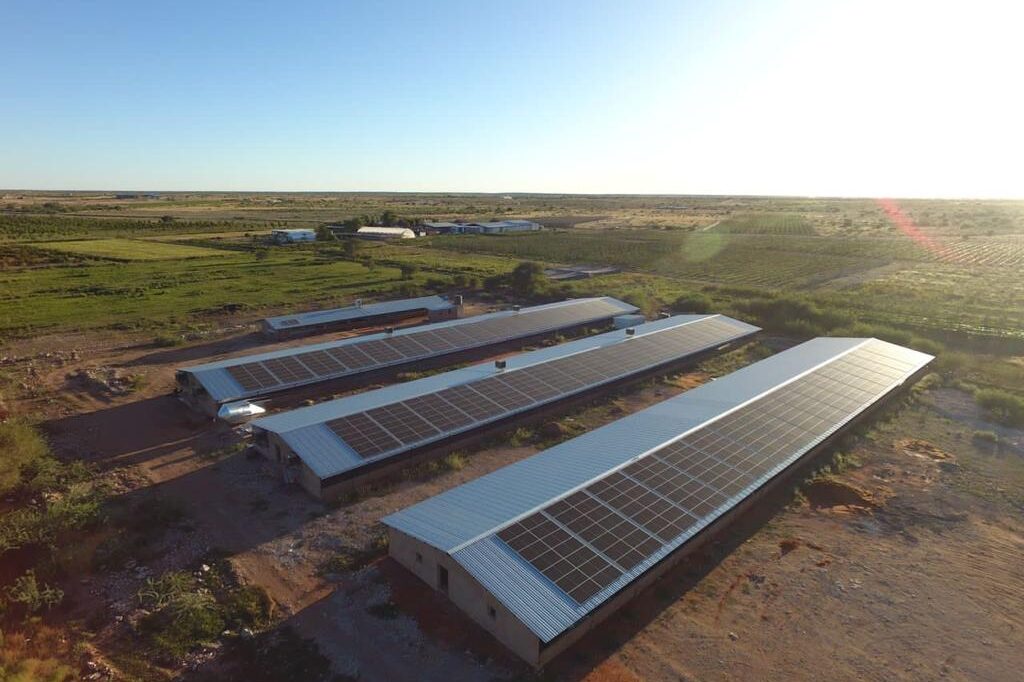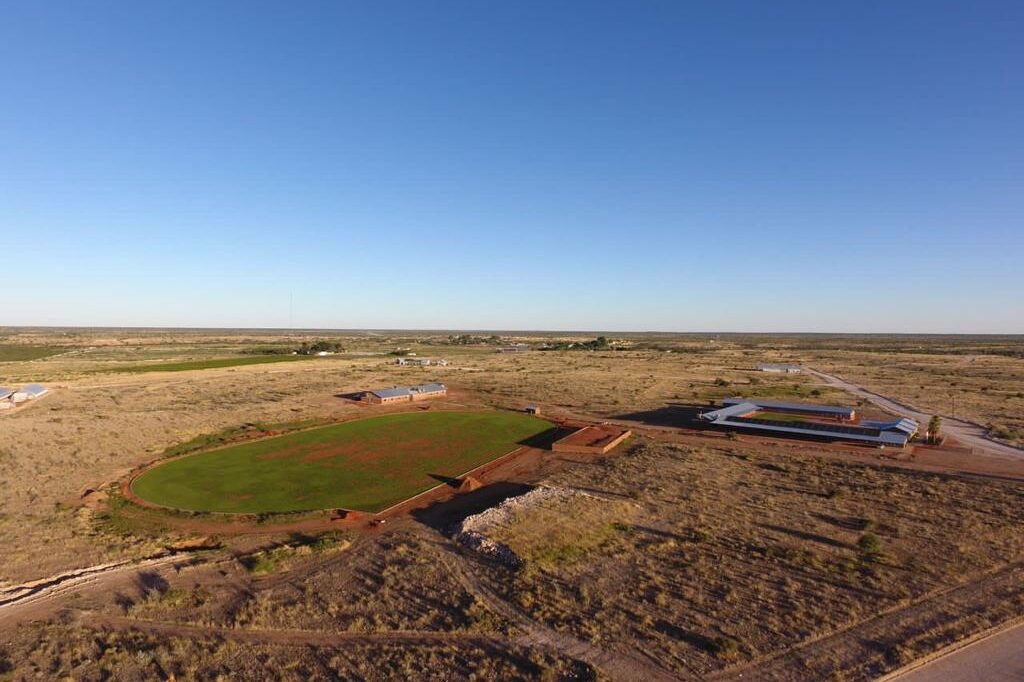ROOTS COLLEGE
ROOTS COLLEGE is an initiative and institution that serves as a vessel to create
solutions both locally and internationally. The vision of ROOTS AGRICULTURAL COLLEGE is twofold.
In collaboration with the Peritum Agri Institute, the college provides vocational educational training within the agricultural sphere, majoring in Fauna and Flora science. The college will train young individuals to make use of precision farming and new technologies to create food security, new job opportunities and long term sustainability through agriculture and education. With a specific focus on combating climate change, and by concentrating expertise the ROOTS AGRICULTURAL COLLEGE promotes collaboration and uses the best practices around specific focus areas to drive results.
The ROOTS COLLEGE aspires to foster creativity, encourage dreams, and equip students with the skills to turn their dreams into realities. The vision revolves around the creation of a dynamic learning environment where students gain not only agricultural expertise but essential business and
entrepreneurial skills as well.
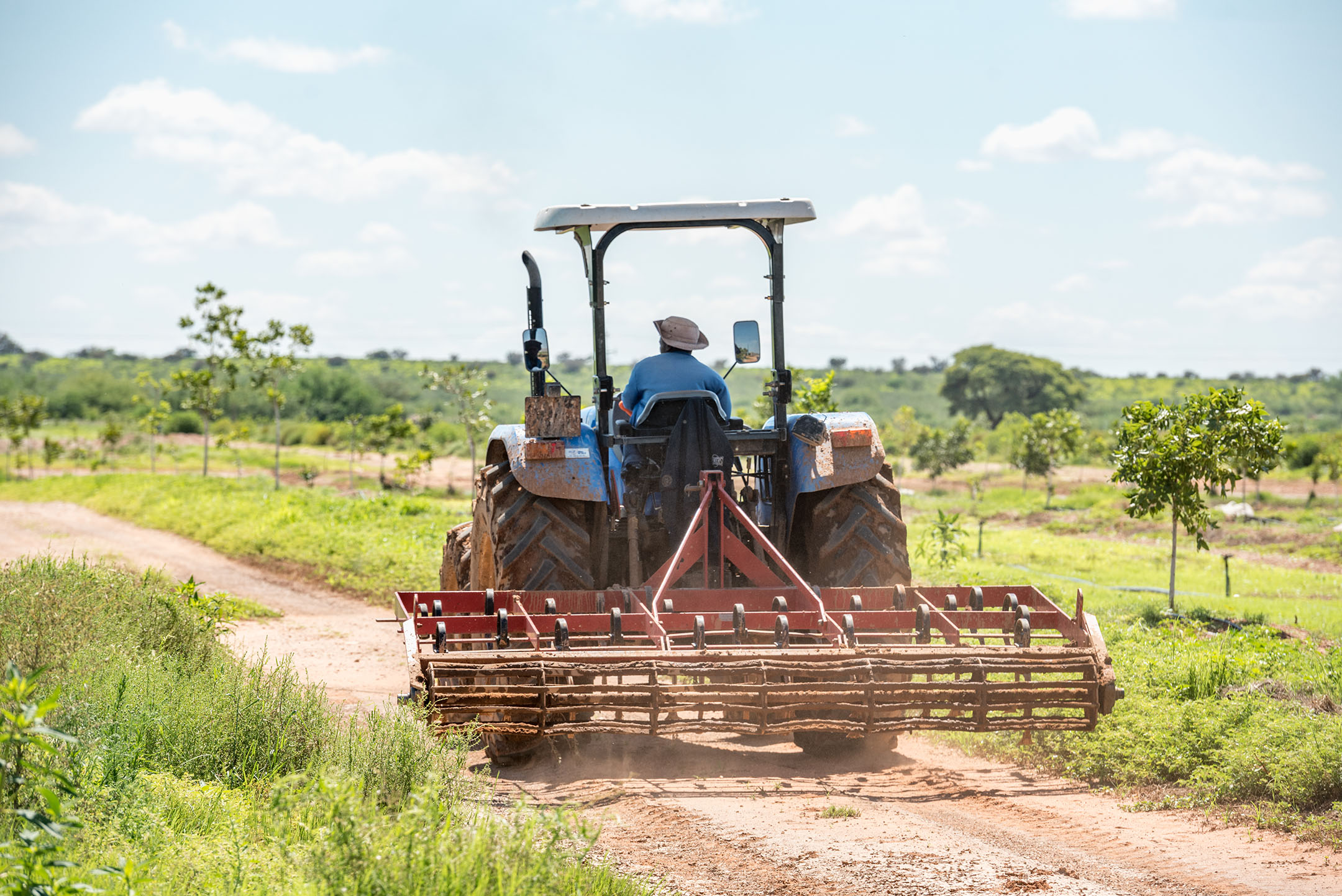
Program Summaries
Roots College will commence operations in February 2024, offering National Diplomas in plant and animal sciences. These three-year programs will commence with NQF 4 certificates that lays the foundation in obtaining the National Diploma in either plant or animal science.
The NQF 4 certificate comprises of two components, theory and practical. The theory component of the study course will be presented at the state-of-the-art facilities at the Windhoek Gymnasium Curro school based in the capital city of Namibia, Windhoek. While the practical component will be presented at the Roots Farm in Stampriet located 64km north-east of Mariental.
The 1-year certificate program will provide the students with the first building blocks to establish a strong foundation to gain in-depth knowledge and practical agricultural and entrepreneurial skills, that will enable them to develop sustainable and successful businesses. This will be achieved through farming with various commodities in plant production and animal farming:
• NATIONAL CERTIFICATE IN PLANT PRODUCTION Qualification no. 49009, NQF 4, 143 credits
THIS QUALIFICATION:
Provides the basis for the establishment of sustainable crop farming operations through the inclusion of a wide spectrum of competencies, both in production and management.
– SIX CORE MODULES PRESENTED THROUGH BLENDED LEARNING OVER 10 MONTHS.
– REQUIRES MINIMUM GRADE 11 FOR ENTRY.
– HIGHLY PRACTICAL PROGRAM WITH SIX WEEKS SPENT ON THE ROOTS FARM IN STAMPRIET.
– NO WRITTEN EXAMS.
UPON COMPLETION OF THIS CERTIFICATE, YOU WILL QUALIFY FOR:
Agricultural Diploma studies, or a position as farm hand or supervisor on a crop production farm.
• NATIONAL CERTIFICATE IN ANIMAL PRODUCTION Qualification no. 48979, NQF 4, 162 credits
THIS QUALIFICATION:
Provides the basis for the establishment of sustainable livestock farming operations through the inclusion of a wide spectrum of competencies, both in production and management.
– PRESENTED OVER 10 MONTHS IN 6 STUDY WEEKS REQUIRES MINIMUM GRADE 11 FOR ENTRY HIGHLY PRACTICAL PROGRAM
– NO WRITTEN EXAMS
– UPON COMPLETION OF THIS CERTIFICATE YOU WILL QUALIFY FOR:
Agricultural diploma studies, or a position as farm hand or supervisor in a livestock farm or feedlot operation.
Important Information:
• Opening on 26/02/2024
• Registration closes on 02/02/2024
• A discount of 10% is granted in instances where the full payment of the program is received before or on 16 January 2024.
• Application, registration and late registration fees are non-refundable or transferable

The Vision
ROOTS AGRICULTURAL COLLEGE is dedicated to be renowned as an institution of excellent higher education, meeting local, personal, occupational and national development needs through effective management and holistic designed qualifications, which is recognised by local and international stakeholders.
The Values
Our values influence our behaviour and give purpose to our lives. We seek to ensure that all students and the entire college community make a difference and are able to develop the following core-shared values:
– Christian ethos
– Pursuit of knowledge and commitment to excellence.
– Self-awareness, respect and acceptance of others.
– Social and civic responsibility.
– Environmental responsibility.
The target group
ROOTS AGRICULTURAL COLLEGE is intended to provide opportunities for individuals who completed their secondary school level (Grade 10 or 12) who intend to follow an agricultural route of education which is linked to a business base. The College offers unique course structures which are intended to allow students to acquire skills that enable them to be gainfully employed and/or start their own businesses.
Key aims of the program
– Offer a viable learning and development opportunity and alternative for youths that wish to follow an agricultural route of education which is linked to a business base.
– Reduction of youth unemployment
– Poverty alleviation, food security, climate change management and social development
– Development of youth who are socially responsible and who can contribute meaningfully to National development initiatives
– To create self-sustaining entrepreneurs who are creative and innovative thinkers
AN INSTITUTION TO CREATE CHANGE:
Apart from the courses focusing on agricultural training, students will also follow additional compulsory courses such as physical education, life skills, entrepreneurship, accounting (business budget set-up and implementation), farm planning and marketing to ensure food security and combating the results of climate change and water scarcity. This will ensure character building and personal development of every student, in order to contribute to their success and independence in the real world of entrepreneurship and work.
On completion of the courses, students will also have the sound capacity to create employment for themselves and others, thus contributing to poverty alleviation. Additionally the growth of the agricultural fraternity will further strengthen food security and national development. The matrimony of education and agriculture, through the ROOTS COLLEGE has provided an additional footprint within the global sphere and has opened the doors for Namibia to play part of the awareness of a green earth.
With the knowledge and skills taught at ROOTS COLLEGE, agricultural enthusiasts will be able to make a positive impacts to their communities, by being skilled workers and successful entrepreneurs in the agriculture field. Furthermore, continuously striving to increase employment opportunities and improve the quality of life for Namibians. The passion for education and agriculture has been combined in this ‘first of its kind’ nationwide project.
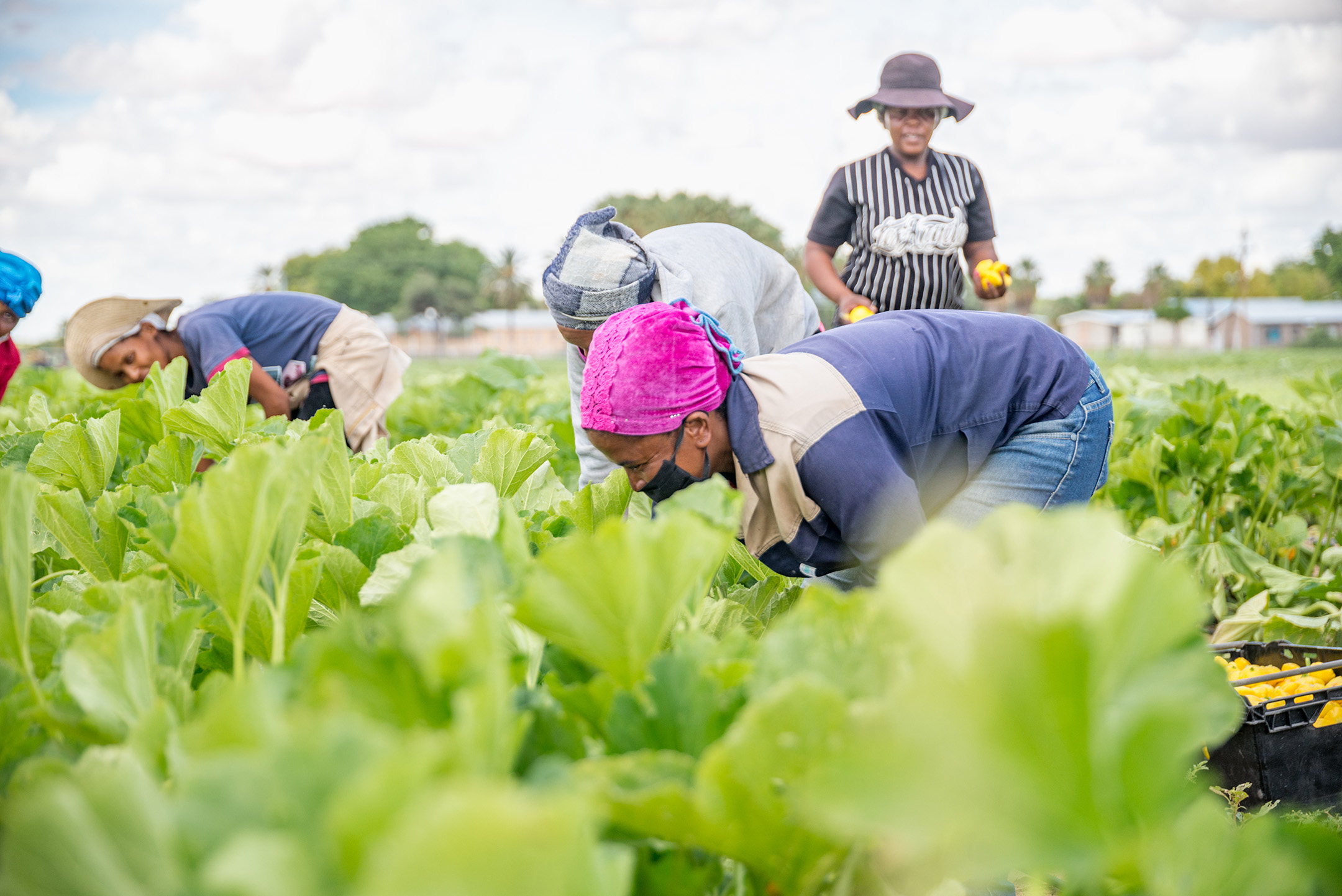
Bridging Science and Practice
– Help stakeholders understand and use relevant science.
– Help articulate priority research needs to science communities.
– Publicize and encourage effective activities within Namibia that bridge science and practice.
Advisory Services
– Technical guidance on how to utilize relevant climate science and climate data in developing policies.
– Training on assessment methodologies relevant to climate mitigation and adaptation.
– Provision of focused briefs and alerts on science and policy developments relevant to Namibian Officials and Key Role Players.
Education / Training
– Capacity building of experts/professionals or practitioners to address climate change issues in planning, design and management of projects.
– Coaching, mentoring and trainings to facilitate the transfer of knowledge and technology related to managing risk and reducing vulnerabilities to Climate Change.
– Provide a venue and network to accommodate ongoing education and training needs.
Communications and Outreach
– Become an effective venue for identifying practical solutions to common challenges related to climate mitigation and adaptation.
– Produce and share information across stakeholders.
– Build community of practice and network.
– Provide a mechanism for organizing personnel exchanges that help meet critical climate needs (e.g. visiting scholar programs)
ROOTS COLLEGE AND THE FOCUS ON GLOBAL WARMING AND CLIMATE CHANGE
The ROOTS COLLEGE has highlighted the fragile time the world is in with climate change taking a major toll on the climate, environment and the landscape. This realization has amplified the importance of establishing bold leading institutions that target combating climate change. The ROOTS COLLEGE therefore plays a vital role through educating and instilling implementation skills of sustainable agricultural practices.
In 2014, The IPCC (Intergovernmental Panel in Climate Change) Assessment Report 5 confirmed that warming of the climate system globally is unequivocal. Therefore to secure environmentally sound future generations, sustainable and innovative agricultural practices are needed to be embarked on.
ROOTS as a whole strikes an appropriate balance between change and continuity, aiming to empower existing stakeholders working within existing mechanisms and structures to be as effective as possible in formulating and achieving global climate-related goals. Although the primary focus is on working within Namibia and Southern Africa, the ROOTS COLLEGE devotes significant effort at the international and regional level, and especially within Africa.
